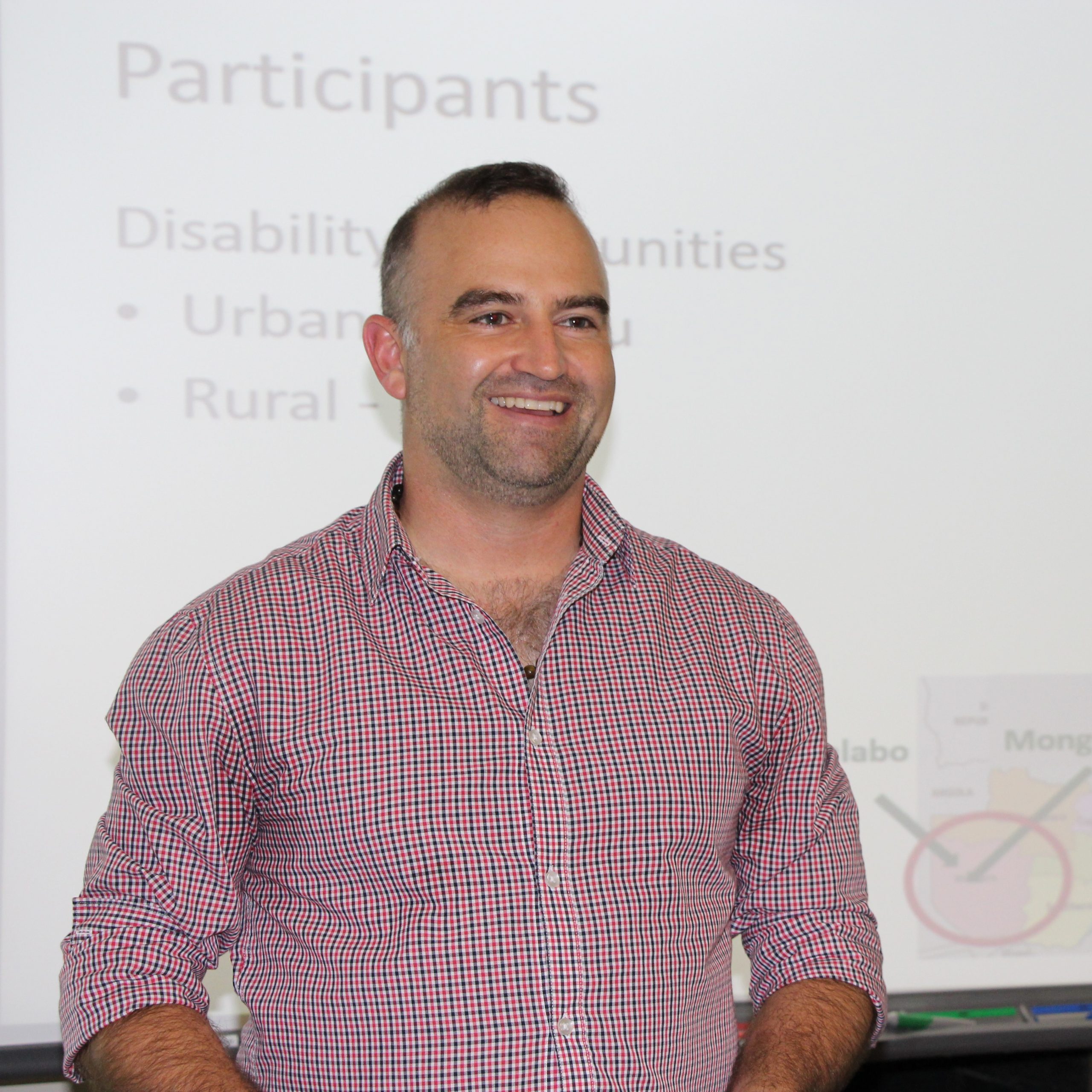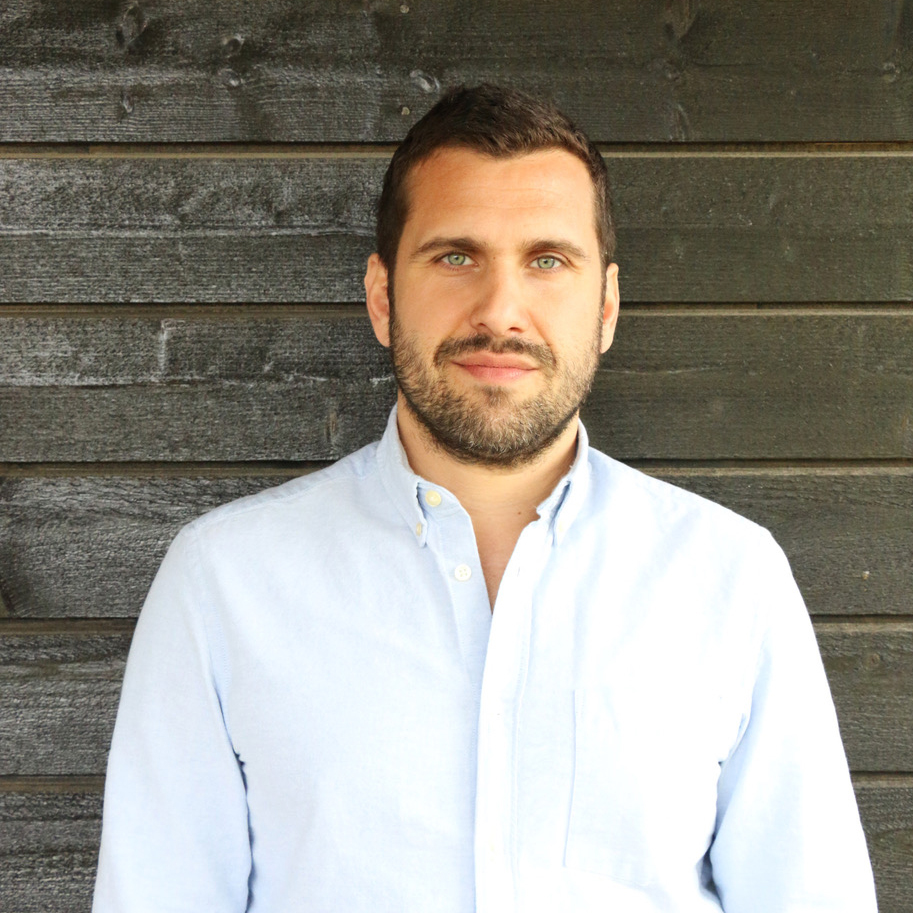As our understanding of the many different connections between physiotherapy and the environment continues to grow, and we advance research and education across the breadth of environmental physiotherapy (EPT), the many implications this has for physiotherapy practice are beginning to crystallize. At the recent, first-ever international EPT festival 2023, it became evident that we need to begin developing and formulating these implications, from improvements to established elements of physiotherapy practice to the emergence of entirely new areas and forms of practice resulting from the greater recognition of the role that the environment plays in physiotherapy and people’s health.
Already in one of the festival sessions then, this inspired us to create a new structure for our page on EPT Practice, alongside the creation of several, first new subsections to this page focussing on a variety of emergent areas of EPT practice. We are convinced of the value of specific spaces to highlight these innovations. A specific section on the website creates opportunities for growth and cross-pollination. We even foresee creating specific activities and events related to specific areas of practice as they continue to develop.
But what also struck us right away, is the difficulty of naming some of these implications for practice, or even entirely new forms of practice. In this blog post, we will try to describe this difficulty using the example of one of these practice areas currently titled “Nature-based health and therapy“.
“A rose by any other name would smell as sweet” (Shakespeare, 1597).
Does it matter what title we use?
What we call things sharpens our sense of what they actually are. Names establish boundaries between those ideas that are included as being part of the thing, giving these ideas a privileged position related to the ideas that are outside of the scope. And in this process, naming is also a deeply problematic issue, always at the risk of driving the colonisation of new scopes of practice that are, either already inhabited by others, or, should, probably like much of the physical therapies, be part of the commons (see here and here for further elaboration of this argument).
The current title of the website section was a quick decision made by a small group. While recognizing that every title we could think of had positive and negative characteristics, our current title was chosen according to the principle that it is good enough, for now. With increasing attention to this area of involvement, we are confident that there will again be tensions with the title – a prediction that gives us good reason to be transparent about our reasons for choosing this one instead of some alternatives.


Shaun Cleaver (PhD)
Faculty Lecturer, McGill University; Professeur adjoint, Université de Sherbrooke
Comme chercheur, Dr Shaun Cleaver explore les politiques publiques et les services en collaboration avec des personnes en situation de handicap. Comme enseignant, Shaun s’intéresse à la santé mondiale et communautaire et au professionnalisme.

Filip Maric (PhD)
A/Prof UiT The Arctic University of Norway, EPA Founder & Executive Chair
Filip Maric is an Associate Professor at UiT The Arctic University of Norway, and founder of the Environmental Physiotherapy Association. He is interested in the outer rims of healthcare and critical physiotherapy, philosophy, #EnviroPT, environmental post/humanities, planetary health, and sea kayaking.
Here is a list of titles we did not choose, and the reasons why
Nature-based physiotherapy: While we want to draw attention to the intersections of physiotherapy and nature, we want to also invite our colleagues from other professions to engage in this topic too. Having “physiotherapy” in the title could exclude people we very much want to include.
Nature-based rehabilitation: While broader than physiotherapy, we think that this title would exclude important health promotion activities.
Nature-based interventions: We are confident that we have heard this term used to describe humans intervening “on nature” for the purpose of improving nature’s well-being. Also, the term sets a tone that is more interventionist than that which we are hoping to encourage.
Nature prescriptions: Can a commons really be prescribed? Besides being an insufficient title for our purposes, we are also cognizant that these are often associated with national parks that were created by the dislocation of Indigenous peoples.
Greenspace exposure: While this is a critical concept underpinning the ideas of interest, it does not accurately reflect the activities that we are seeing.
Outdoor / nature-based exercise: While most of what we imagine will be outdoors by definition, much of the value that we see is above and beyond that of exercise. Moreover, there could be opportunities for connections between living species that happen indoors.

Photo by S O C I A L . C U T on Unsplash
In addition to the non-chosen titles are issues like …
The expression of this idea in all languages that are not English: we have yet to ask ourselves the question about whether the concept we are building will make sense in other languages.
Political concerns that could be important in specific contexts: We are conscious of ways in which language can be mobilized to reflect, advance, or defend interests. We could consider the meaning packed into the distinction between a physiotherapy or physical therapy assistant and a physiotherapist or physical therapist assistant. Our quick decision was not informed by much thought towards these issues, even though we could imagine that these types of political concerns could indeed matter at some point.
You might have an opinion about the best name for these new field of practice
Using just the example of our new section on Nature-based health and therapy, we hope you can see the intricate problems that arise in the process of naming such new areas of practice. If you have an opinion about the best name for one or another of these emerging fields, we would love to hear from you and hope you will share it in the comments section below.
With increased engagement on this topic, we could see evolution that causes us to re-name the different website sections grouped under Practice to better match the collections of ideas that are being developed. Or maybe, there are issues and names that we overlooked in our first attempts. Either way, there is an opportunity for you to play a pivotal role in helping clarify the balance between focus and breadth of the things that we are talking about.
References and Image credits
Header image by Jason Leung on Unsplash
Stanhope, J., & Weinstein, P. (2023). What are green prescriptions? A scoping review. Journal of Primary Health Care, 15(2), 155–161. https://doi.org/10.1071/hc23007

